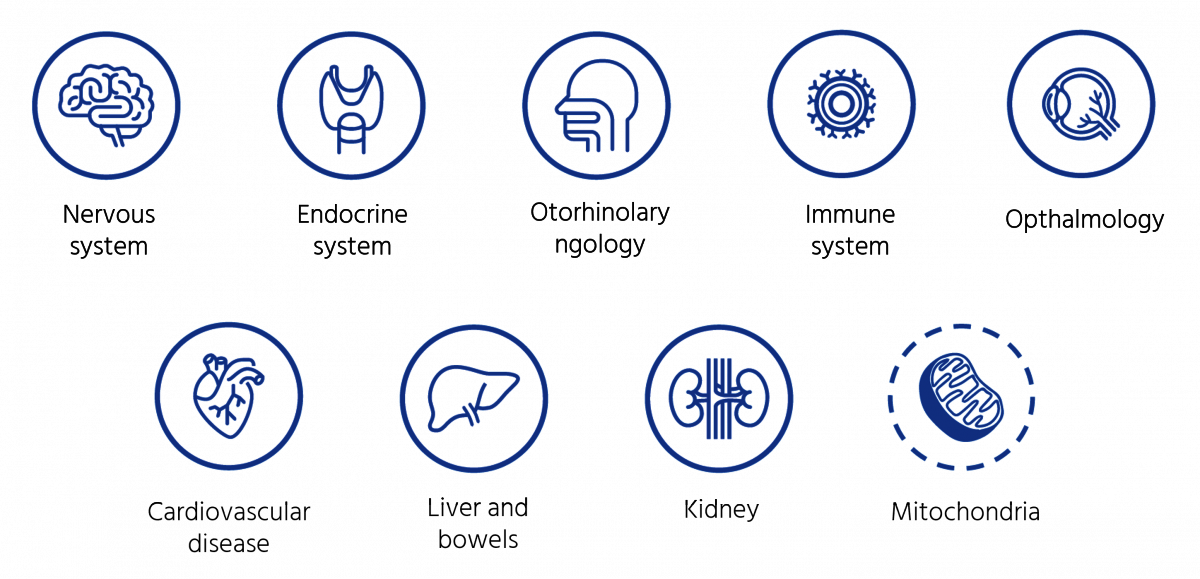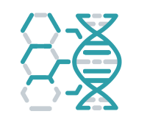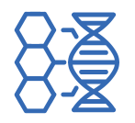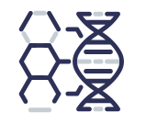DES/WES/DGS
Diagnose the undiagnosed.

Unlock the code of rare diseases with the power of genetic testing

Rare Disease takes a longer period to diagnose or undiagnosed cases can occur, therefore appropriate treatment, prediction of progress, and genetic counseling can be difficult. Hereditary rare diseases are extremely hard to diagnose. There are around 7,000 rare diseases known up to date. About 80% of rare diseases are genetic disorders, and 50% of patients are children. Furthermore, about 30% of patients may die before the age of 5. Rare diseases often have the characteristic of occurring within families and being inherited by the next generation.
GC Genome’s Rare Disease services can help in the diagnosis of rare diseases with a wide variety of symptoms, especially mitochondrial diseases, which are characterized by no features. The most comprehensive genetic testing can end the diagnosis of the disease. When it is performed first, there is no need to go through multiple genetic tests, which shortens the diagnosis period and reduce the cost of treatment that the patient has no bear for the rest of life.
What are DES, WES, and DGS?
Who should consider to have DES, WES, and DGS?
For the most proper test selection among the three tests, please consult with your doctor.
Testable Diseases

What does my test result indicate?
Positive
This indicates that you likely have a disease-causing variant. Your doctor will follow up with you based on these results
Inconclusive
A suspected variant that could potentially explain the cause of your symptoms has been identified, but currently, there is insufficient evidence to classify it definitively. With additional clinical evidence, the variant can be re-classified as pathogenic or benign.
Negative
No suspected variant was identified that could explain your symptoms.
How do DES, WES, and DGS work?
Clear answers in just three simple steps.
Unlock the code of rare diseases with the power of genetic testing
What are DES, WES, and DGS?
Why GC Genome’s rare disease test for your patient?
- Clinical interpretation from a specialized doctor is included in the report
- Genetic counseling is available

When should I recommend this test to the patients?
Why WES, DES and DGS for your patients?
Result classification
Data will be interpreted based on the patient’s clinical symptoms or previous diagnosis.
Incidental findings will be reported upon request.


Positive
This indicates that you likely have a disease-causing variant. Your doctor will follow up with you based on these results

Inconclusive
A suspected variant that could potentially explain the cause of your symptoms has been identified, but currently, there is insufficient evidence to classify it definitively. With additional clinical evidence, the variant can be re-classified as pathogenic or benign.

Negative
No suspected variant was identified that could explain your symptoms.






